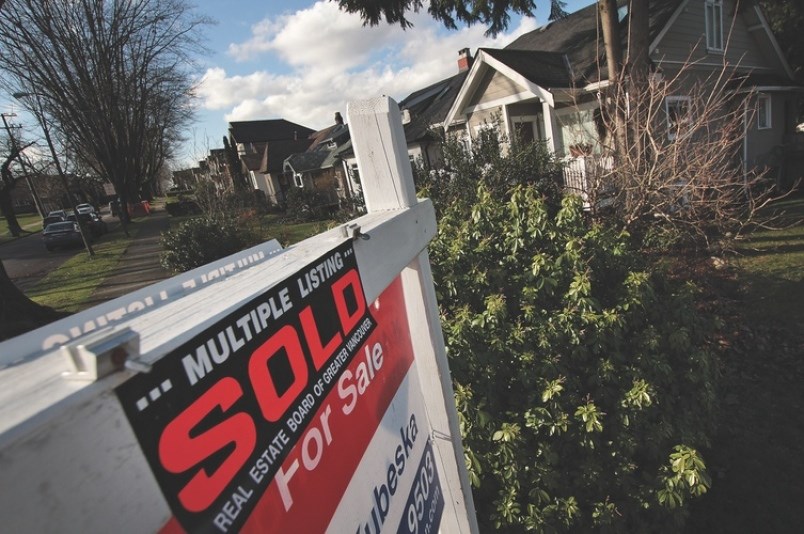As real estate goes, so goes the B.C. economy.
The Conference Board of Canada is forecasting at least two more years of slowing growth ahead for the province amid a cooling real estate market.
The Ottawa-based think tank’s latest provincial outlook, released February 27, estimates real GDP growth in B.C. will fall from 2.6 per cent in 2018 to 2.5 per cent this year.
The Conference Board said that downward trend will continue into 2020 with real GDP growth projected to fall to 2.4 per cent, “despite ongoing megaprojects in the energy sector.”
Last fall LNG Canada announced its five partners had made a final investment decision on the $40 billion project to be based out of Kitimat, B.C.
The project has two main components: the LNG plant and marine terminal in Kitimat, and the $4.8 billion Coastal GasLink pipeline, which is being built by TransCanada Corp. (TSX:TRP) to bring natural gas from northeastern B.C. to Kitimat.
Meanwhile, the province is coming off tremendous economic growth — charting at an average of 3.2 per cent from 2014-17 — fuelled largely by demand for real estate.
The booming real estate market, which has benefitted everything from the construction industry to the banks, also contributed significantly to an affordability crisis for many regions in B.C.
Both Ottawa and Victoria have introduced measures, such as a mortgage stress test and a foreign buyer tax, respectively, to cool the market.
This month the Real Estate Board of Greater Â鶹´«Ã½Ó³»revealed the region registered 1,103 sales in January — down 39.3 per cent from a year earlier.
“With the housing market slowing, investor approval of LNG Canada’s liquefied natural gas terminal and pipeline in late 2018 came at an opportune time for the province. The first phase of the development will provide a substantial boost to the province’s real GDP between now and the middle of the next decade,” the Conference Board said in its outlook.
“British Columbia will also benefit from construction on the smaller Woodfibre LNG project and the Site C Dam, as well as on several public sector projects, such as the Â鶹´«Ã½Ó³»International Airport expansion and the Pattullo Bridge replacement.”
—With a file from Nelson Bennett



